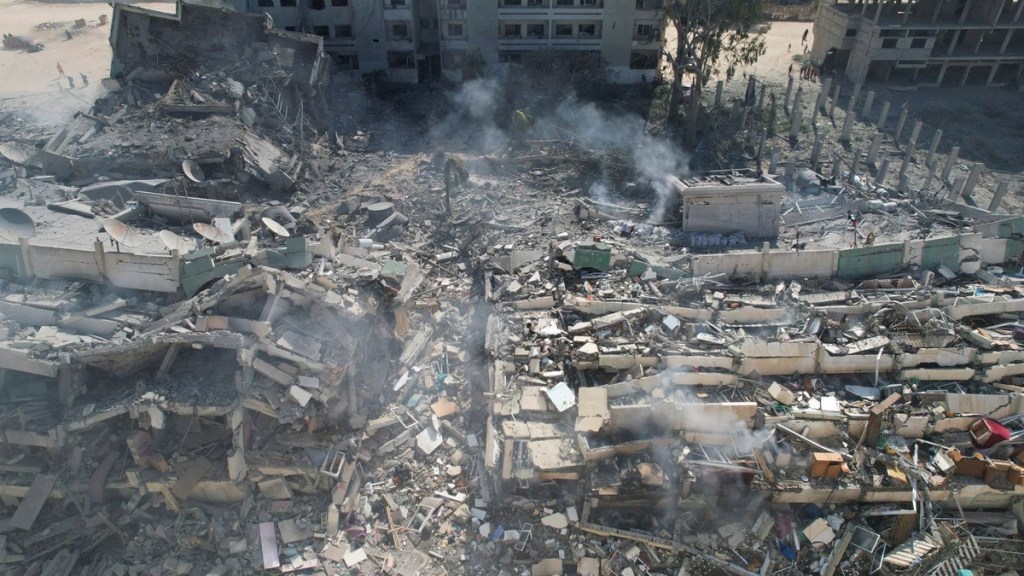Amidst the relentless conflict in the densely populated Gaza Strip, over two million civilians find themselves trapped, their lives hanging in the balance. The International Committee of the Red Cross (ICRC) has issued a passionate plea for the protection and respect of civilian life, an appeal that transcends the boundaries of the ongoing hostilities.
In this dire situation, the primary focus must be on saving lives and upholding the principles of humanity. This includes ensuring that hospitals can function without threat and that critical services like healthcare, water, and electricity are immediately restored as a matter of life and death.
The President of the ICRC, Mirjana Spoljaric, expressed her shock at the insufferable human suffering, calling on the warring parties to de-escalate immediately. The loss of countless civilian lives is a tragedy beyond words. It is unacceptable that the people of Gaza have no safe haven amidst the relentless bombardments, compounded by the military siege that makes humanitarian responses nearly impossible. This represents a catastrophic failure that the global community cannot ignore.
International humanitarian law dictates that all parties involved in the conflict must ensure the safety of civilians at all times, distinguish between civilian and military targets, and refrain from using human shields to shield military objectives. They are also obliged to meet the basic needs of the population.
In the midst of this harrowing armed conflict, adherence to international humanitarian law by all parties is the need of the hour. Unrestricted access for humanitarian relief and personnel into Gaza is imperative, as is the ability to restore essential services. Continuous humanitarian access is essential, and aid workers must be able to operate in a secure environment, emphasized President Spoljaric.
Thousands of families in Gaza are currently taking refuge in makeshift shelters, often with meager access to food and water. The task of rebuilding destroyed homes and essential infrastructure is a daunting one that will span years. Hospitals, already strained, are on the brink of collapse as they run out of essential supplies to care for the injured and ill. Most wastewater treatment plants are no longer operational.
In Gaza, ICRC teams are working tirelessly under extremely challenging and chaotic circumstances. While a team of ten ICRC experts, including a surgical team and additional medical supplies, arrived in Gaza recently, the scale of the tragedy unfolding demands much more.
Efforts to engage in dialogue with the conflicting parties continue in the quest to find solutions to the most urgent humanitarian issues, such as protecting civilians and aiding the wounded. The ICRC fervently calls for the immediate release of all hostages and reaffirms its readiness to facilitate any future hostage release operation. Furthermore, they request access to hostages for medical assistance and contact with their families who anxiously await news.

